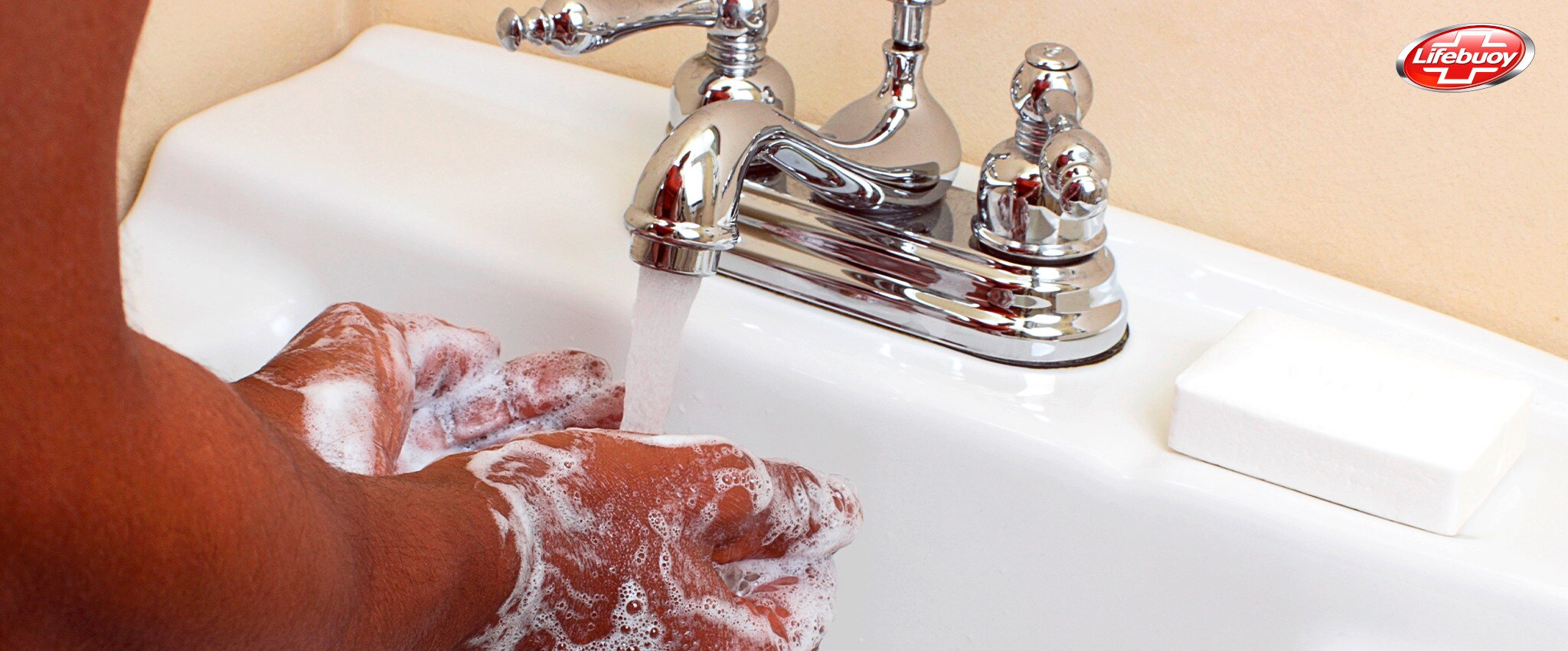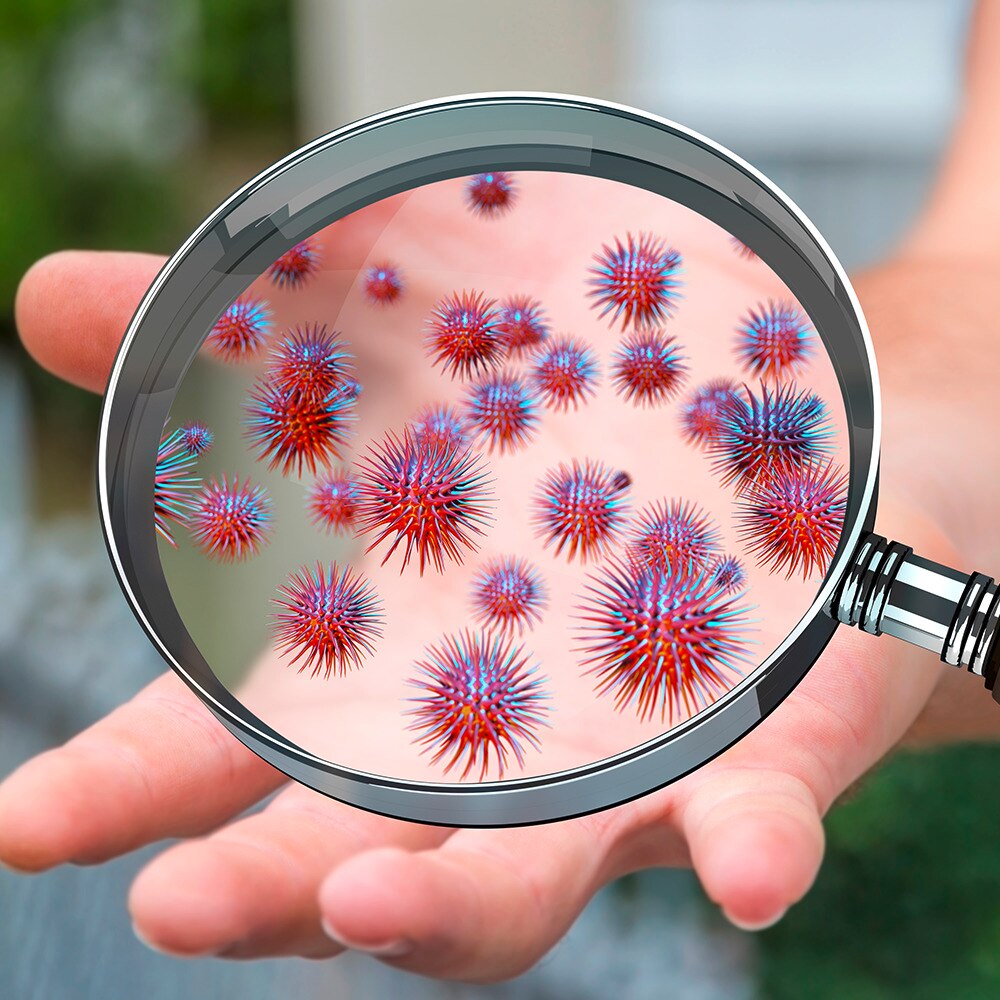Diarrhoea can be defined as unpleasant and uncomfortable frequent, runny, or watery bowel movements and is usually brought on by a gastrointestinal or stomach infection. This is usually caused by a bacteria, virus, or parasite. Diarrhoeal infections can be spread through dirty hands, contaminated food, or water, as well as through direct contact with faecal matter. This type of infection is highly contagious, which means all those around you can catch them.
Symptoms of the infections that bring about diarrhoea can include:
- Dehydration
- Loss of appetite
- Vomiting
- Fever
- Nausea
- Weight loss
- Frequent runny or water bowel movements
- Stomach cramps
When a person gets diarrhoea, the body begins to lose water and electrolytes, both of which are necessary for life. If these are not replaced fast, the body becomes dehydrated. Severe dehydration can even lead to death, especially in infants and young children. It is estimated that two billion cases of diarrhoea occur globally each year, and around two million children under the age of five die from it annually in developing countries.
Adopting good hand hygiene habits, such as regularly washing your hands with soap, especially before eating and after using the bathroom, can go a long way towards preventing this dreaded ailment.





